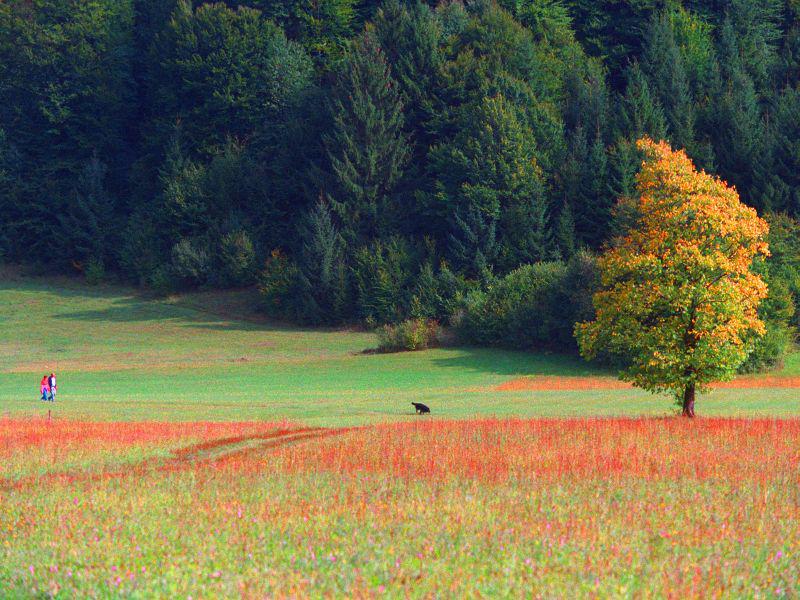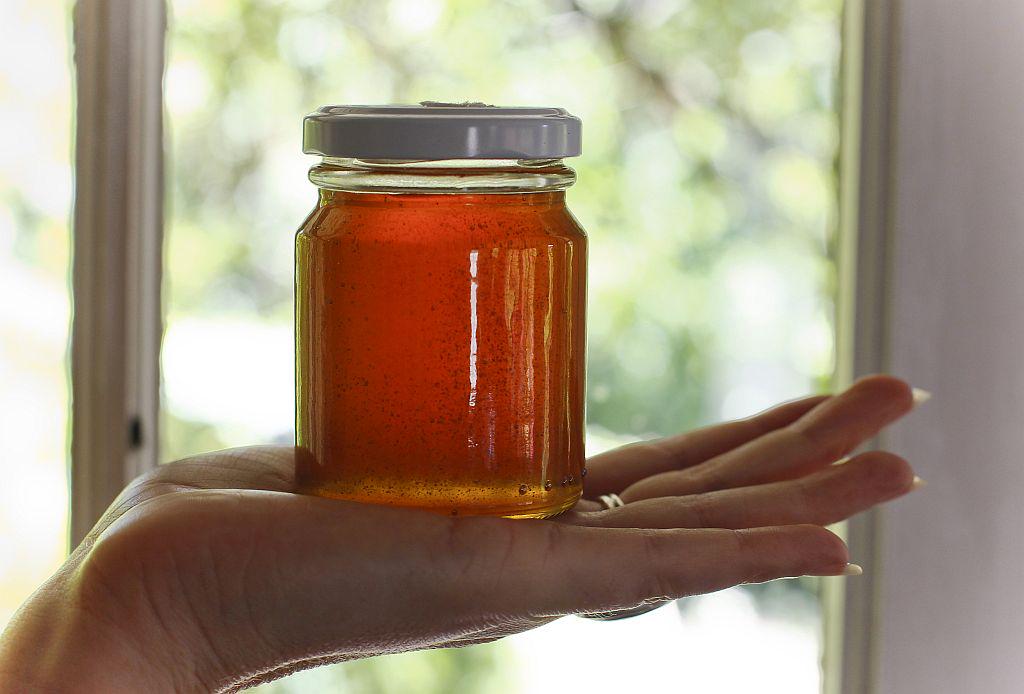
The Kočevje region in southern Slovenia is known for one of the largest areas of old-growth forests in Europe. Agriculture has always been difficult in this untamed part of Slovenia, a land of long winters and difficult terrain, but in recent years, Kočevje has become known throughout Slovenia for a very special product – its honey.
More than 95 percent of the area is covered in woods; the rest consists mostly of remote meadows and a dispersed swamplands. The terrain is an ideal environment for the production of several rare, highly prized varieties of honey, including linden, silver fir, and spruce honey.
At the beginning of each honey-producing season, beekeepers from surrounding towns and villages, intimately familiar with the types of trees that grow in the area, bring their hives to the Kočevje forests and let the magic of nature take its course.
The unique environment of this part of Slovenia is reflected in the honey, which has become renowned for its quality among connoisseurs. In 2000, local beekeepers formed an association that would protect their interests. One of the group’s goals was to have Kočevje honey recognized as a protected brand. A system of regular controls was instituted, enabling outside organizations to monitor the quality of the local honey and to ensure that the hives were treated only with legal, environmentally friendly drugs.
Recently, the local beekeepers’ hard work paid off. Even though several Slovenian regions are intensely proud of their local honey, in 2011, Kočevje honey became the country’s first variety of honey to be recognized by the European Union. It received the prestigious designation of origin status, meaning that only natural local honey – produced between the Kolpa and the Krka rivers – can be marketed as authentic Kočevje honey in the EU.
Even though Kočevje honey tends to be more expensive than other brands of honey, it is enjoying increasing popularity at a time when interest for traditional, all-natural local products is growing across Slovenia. Thanks to these early successes, the associations that markers Kočevje honey are hoping more local beekeepers will decide to participate in their project, raising even greater awareness of this unique type of honey both in Slovenia and abroad.


































































